Ideas and discoveries
BUT sensors protect bee colonies from starvation and theft
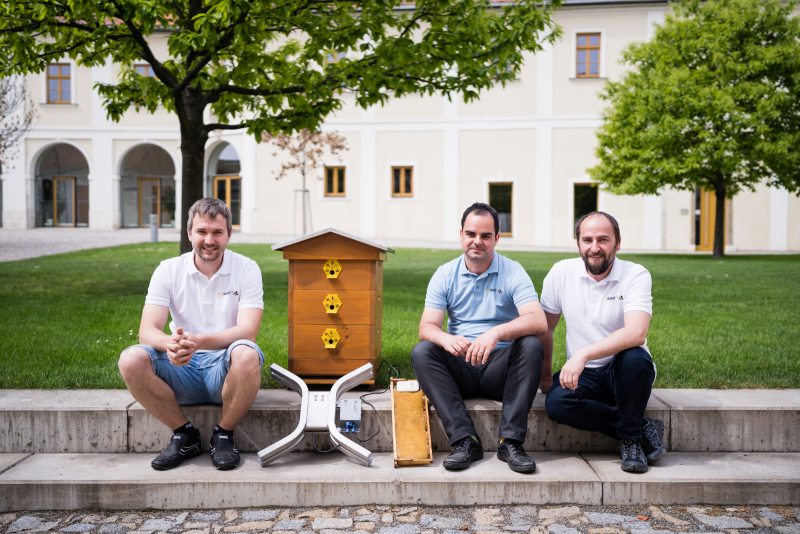
Do you like honey? And do you know what it takes to get it to your table? The bees must survive the winter, start collecting nectar in the spring and not freeze. But even warm weather and a strong bee colony is no guarantee that the beekeeper will reap the honey. The bees can swarm and fly away, starve, or be stolen along with the whole hive. But there is help. It is called Apiarist 4.0 and smart scales and sensors providing data to beekeepers remotely were invented by experts from BUT.
“The hive is closed. It is a black box with something going on inside, and the beekeeper only knows what is happening when he or she opens it and looks inside. The aim was to make the hive transparent so that all the information the beekeeper needs for decision-making is available immediately from a mobile phone or computer,” says Petr Sadovský from the Faculty of Electrical Engineering and Communication BUT about the main motivation for the research.
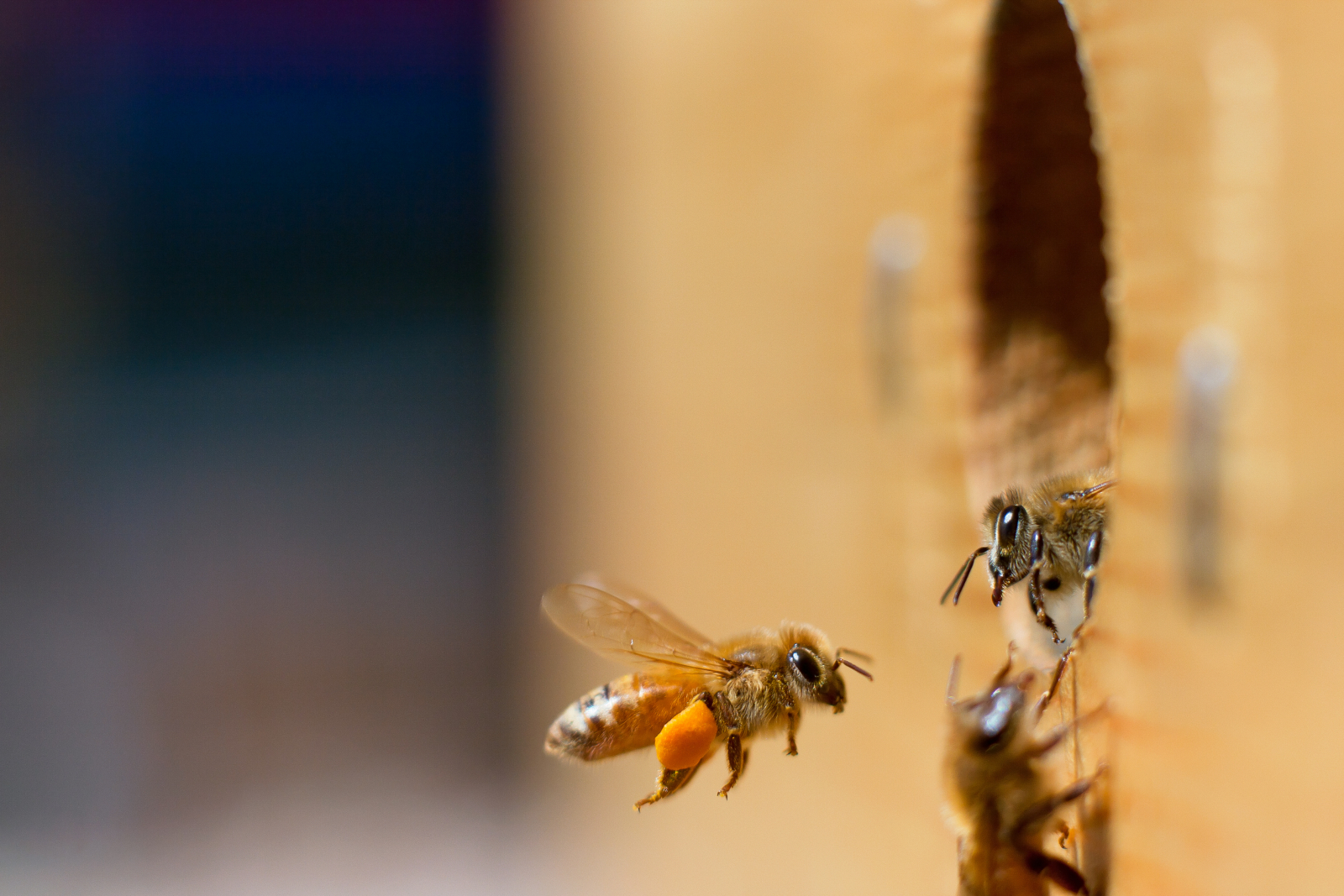
Smart beekeeping takes into account the temperature in the hive, humidity, but also the weight and its changes over time. This shows, for example, whether the bees are carrying nectar to the hive. | Author: Shutterstock
Frequently opening and inspecting the hives is rather detrimental, the apiaries are usually far away and once a week inspection may not be sufficient in some cases, as several customers’ stories show. In fact, the research team managed to not only develop the system within a few months, but also bring it to market together with a commercial company.
“During a big gust of wind, hives fell from the apiary. The beekeeper would not have detected it, but the scales in the app suddenly showed zero. He got there, found the fallen hives and put everything back in order only a few hours after the incident. Without the application, he would have found out after a week, and by then it would have been too late,” Sadovský mentions the experience of one of the beekeepers.
BEES UNDER SCRUTINY
The aforementioned scale is one of the accessories designed by the experts from BUT. They also kept in mind that the Czechs are do-it-yourselfers by nature and many of their hives definitely do not like the ones in the catalogues. “We have come up with a design that is universal for any type and size of hive. The scale monitors the weight of the colony and transmits the data online. For example, some older beekeepers use unequal-arm balance scales directly on the apiary. But it still means the beekeeper has to physically get there. In our case, we can see what is happening in the hive online,” says Jakub Podivínský from the Faculty of Information Technology.
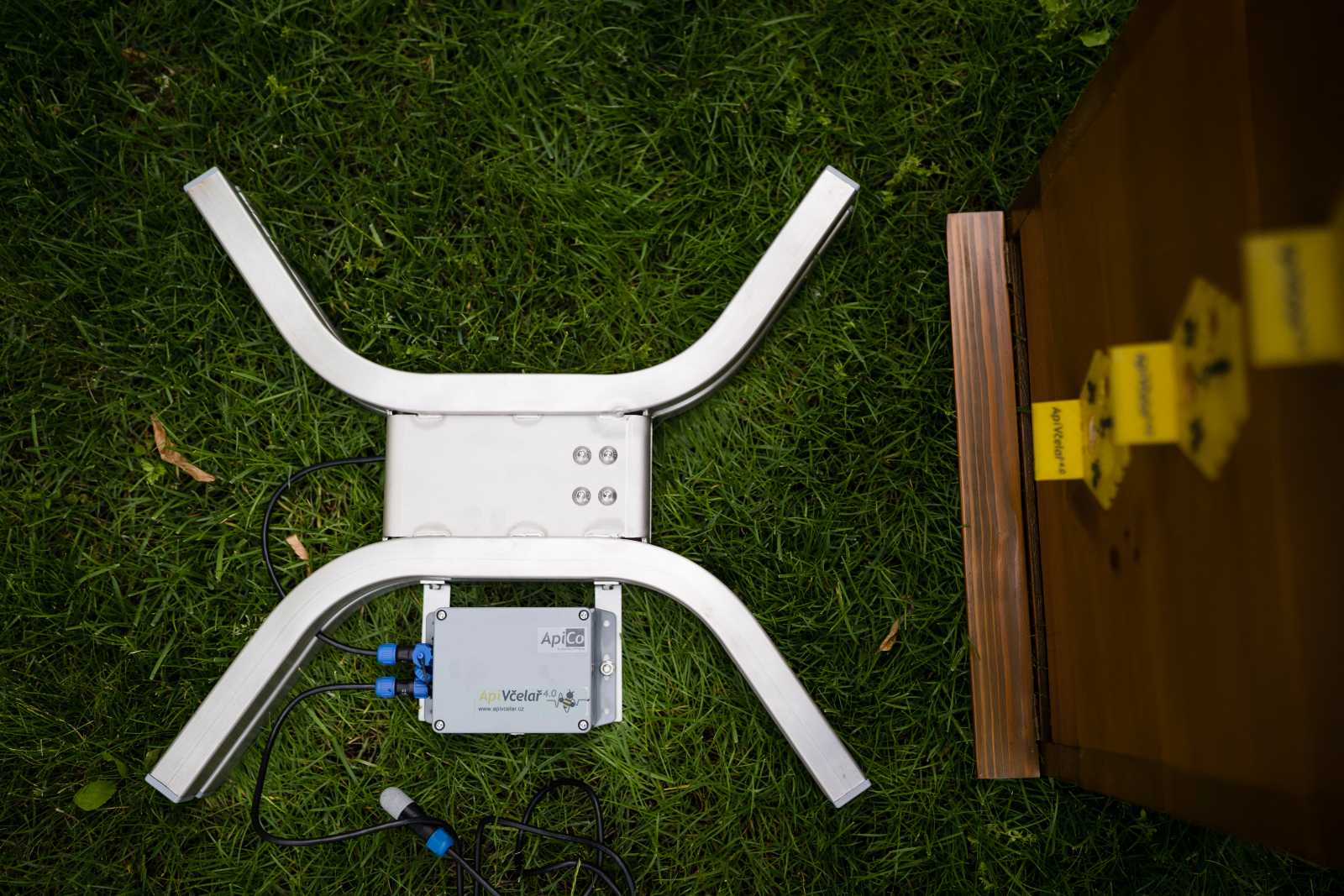
Petr Sadovský confirms that even the sudden departure of a bee colony that has decided to swarm can be detected without being present in the garden. All you need is a mobile phone that receives data every half hour from sensors installed in the hives. “On a warm day, the temperature in the hive starts to rise around noon as the bees look forward to flying out. Suddenly, the weight of the hive drops sharply by several kilograms, and the beekeeper knows that something is wrong, he takes time off work and goes off to catch his bees,” laughs the researcher, who helped to revive the Mendel apiary in Brno. “About three weeks ago, a customer told us that an alert popped up while he was at work. He told his wife to check the garden and she found the swarm in a tree. He immediately set out to catch the bees,” adds Jakub Podivínský.
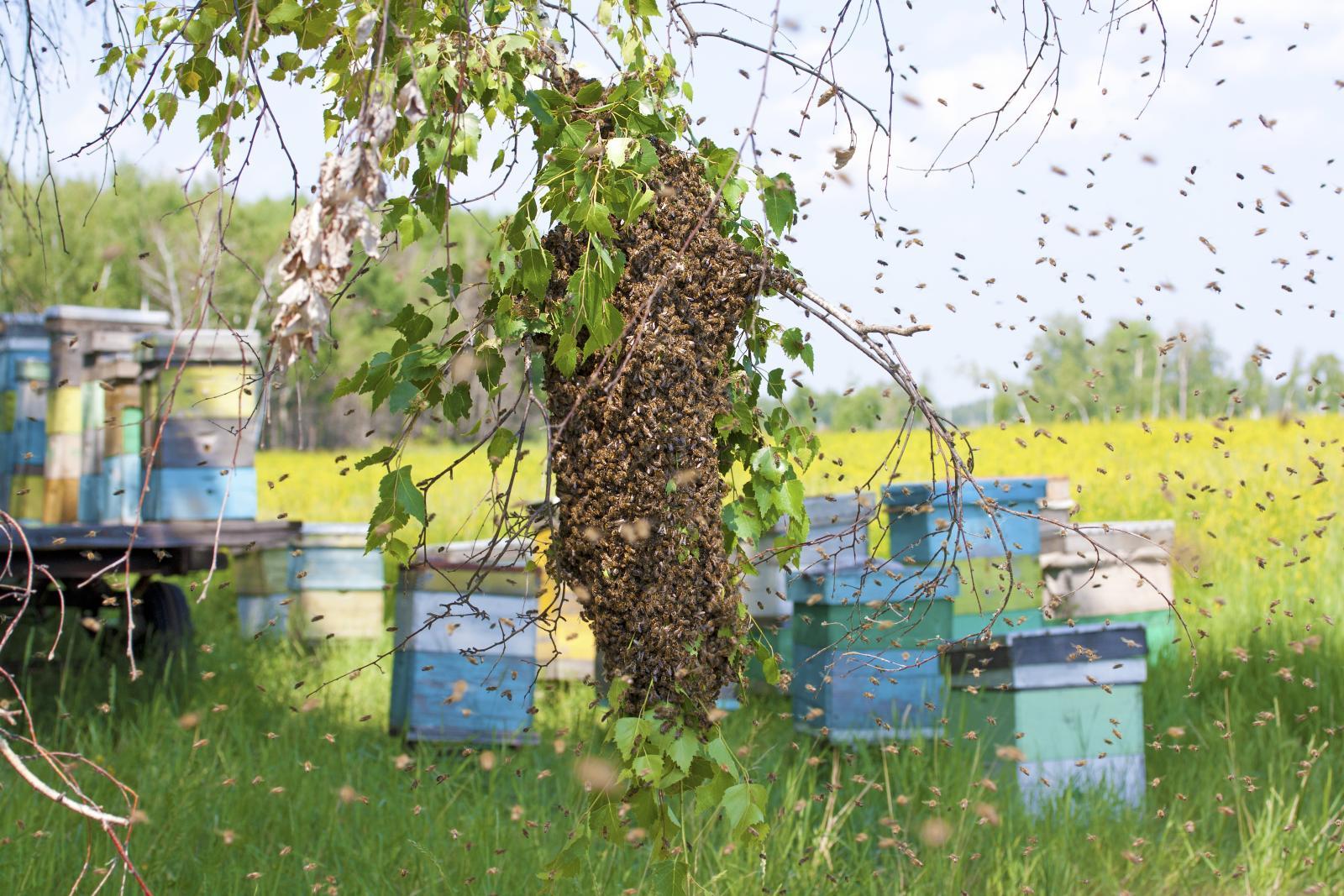
CATCH THE THIEF!
Unfortunately, beekeeping is interesting not only for those who have inherited hives or started keeping bees as an interesting hobby, but also for thieves. The system developed at the BUT can help even is these cases. A small box, which the authors named ApiTracker, is placed in the hive before the season. The bees cover it with wax so that it is hardly visible. If nothing happens to the hive, the tracker is asleep. But the moment the beehive is taken and loaded into a car, the box wakes up, sends an alert to the owner and starts projecting the direction the thief is leaving with the valuable cargo on a map.
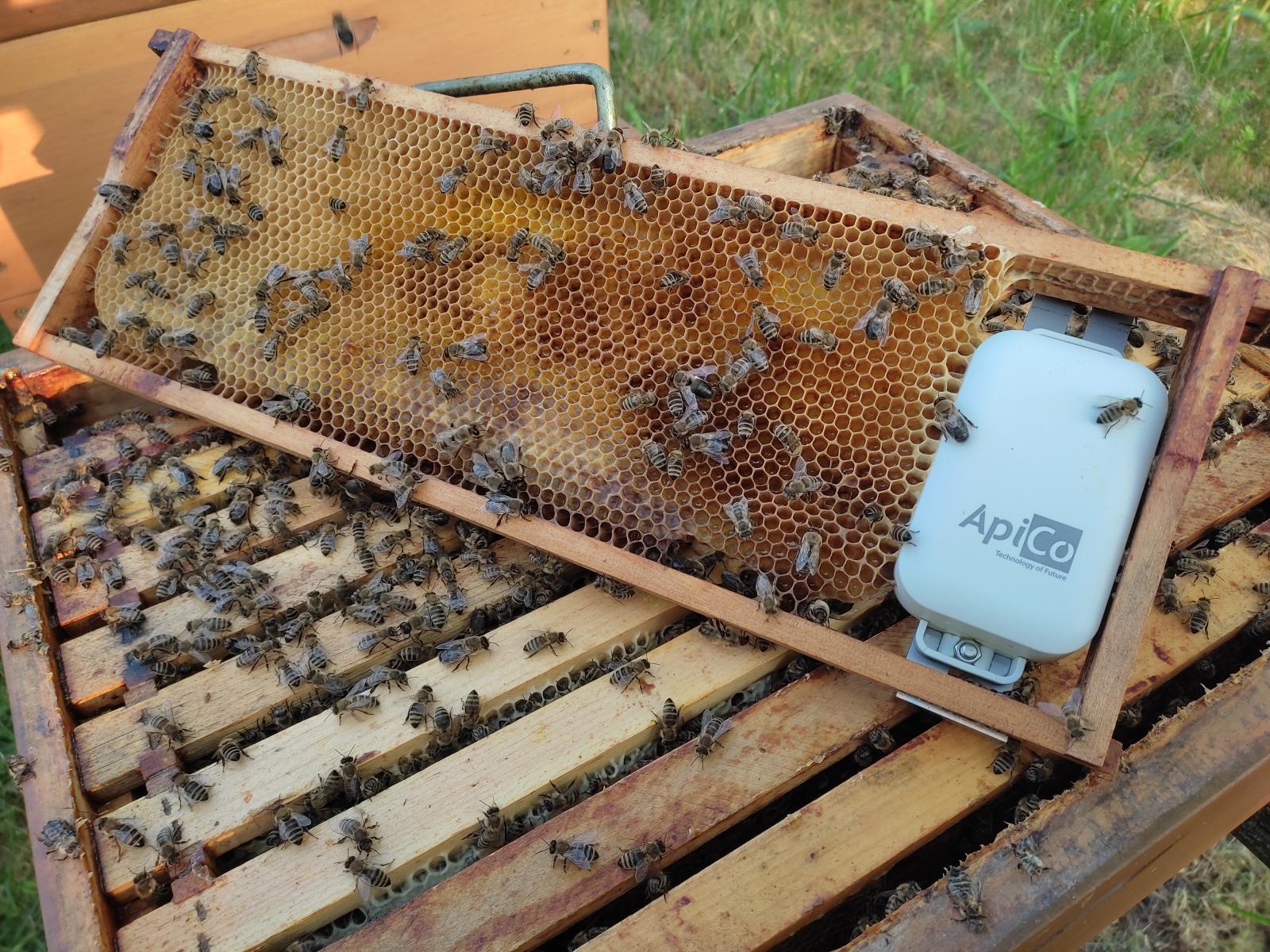
The researchers see most interest in smart beekeeping from the younger generation. Apiarist will help to increase honey yields for experienced beekeepers, professionals and beginners alike. Thanks to artificial intelligence, the system should be able to predict certain situations and evaluate them based on experience in the future. And it will allow newcomers with no family history of beekeeping to sleep peacefully. “Older beekeepers generally do not trust technology that much. They have years of expert experience, they just need to come to the hive and observe, often without having to open the hive. These guys have no need for artificial intelligence, they have their own,” concludes Petr Sadovský.
(tk)
Women from BUT who move the world of science and technology
Martin Cígler: The biggest obstacle to faster a development of it is the lack of people
Millions of calculations in overheated offices as a path to green gas
Smart incontinence underwear equipped with sensors can facilitate the treatment of urine leakage
Multi-agent system of drones and robots controlled by artificial intelligence will assist the army